Results 21 to 30 of 41
Threaded View
-
08-27-2015, 11:42 AM #1Senior Member

- Join Date
- Sep 2014
- Location
- Riyadh, Saudi Arabia
- Posts
- 151
Thanked: 66 Just shipped my last labeled Thuringian
Just shipped my last labeled Thuringian
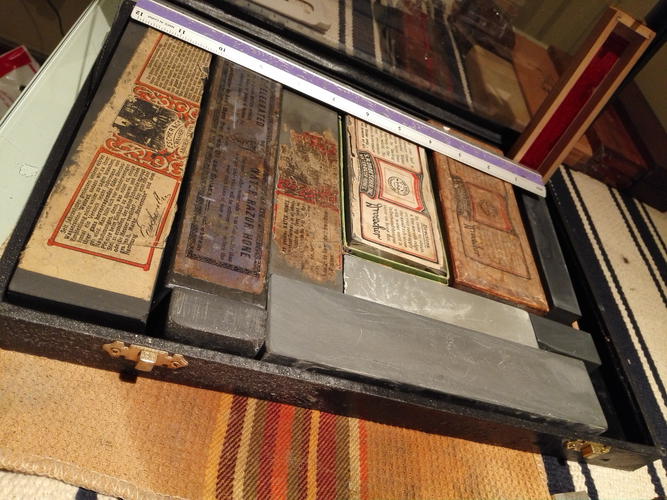
( Two labeled Eschers were sold before taking this picture)
Today I have said goodbye to my last labeled Thuringian hone, I have collected Eschars for a good period of time, my aim was to study the differences between the different color designations and to compare the resulting edges. I concluded that the QC on the Escher stones was very tight; all the labeled Escher stones that I have owned and tested leave scratches in the 1~micron region, although the Blue Greens and the Yellow Greens tend to be on the finer side of that region, and they are a bit faster IMO, however all of my Eschers provide me with the most comfortable edge ever, my skin is yet to find a finisher capable of giving what an Escher has to offer of the perfect balance between comfort and sharpness.
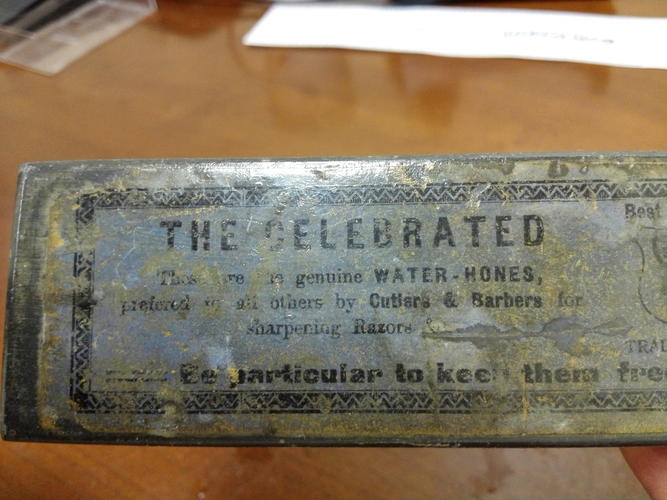
These stones were a specialized razor hones around 150 years ago, how great this is !!! The best statement to describe them is printed on their own labels.
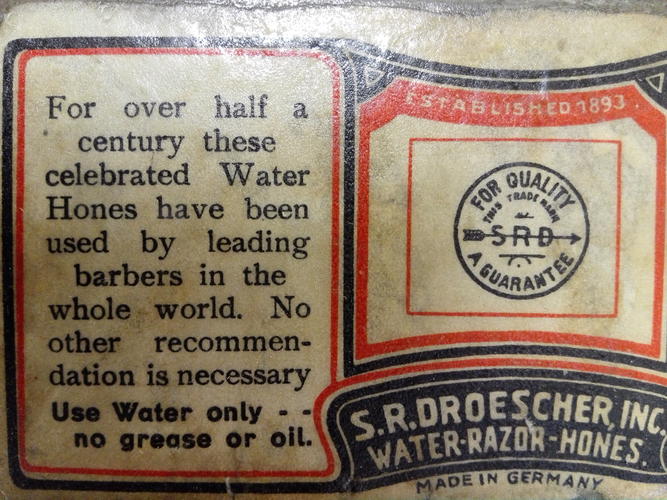
I kept only one unlabeled vintage Thuringian, it is maybe a Blue Green or a Green one I canít really say for sure what it is the color, but from it performance I am sure it was an Escher. Also I still have a small Yellow Green too.
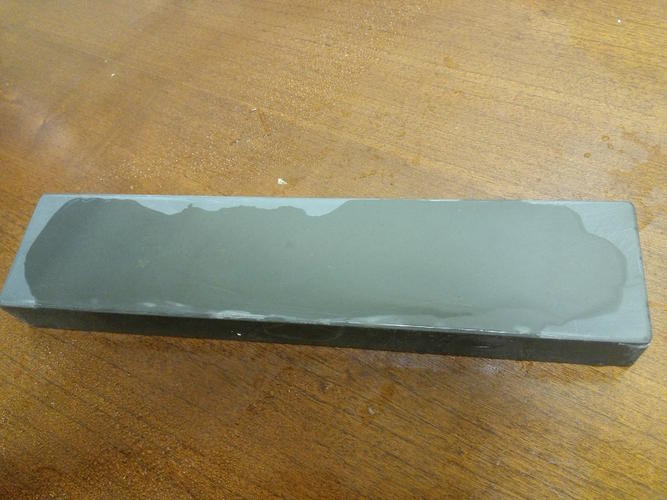
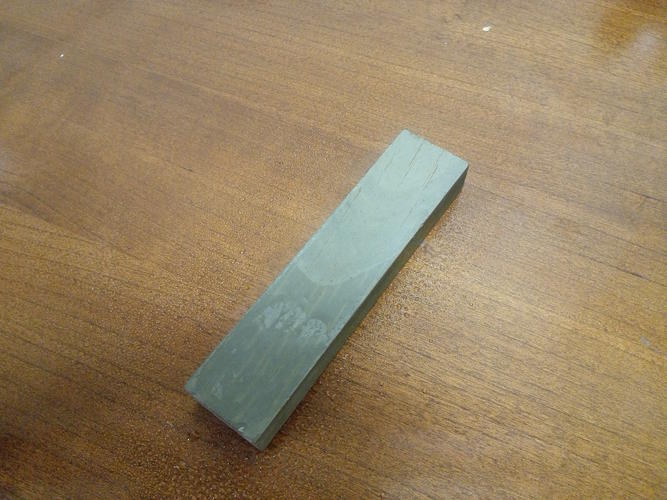 '
'
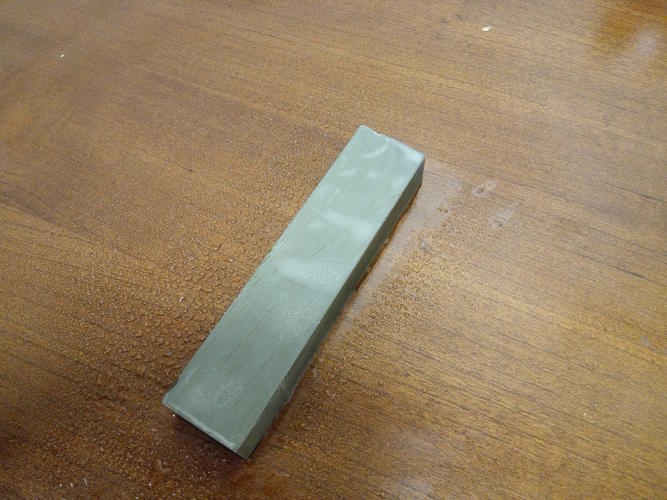
and as always the funds form selling a stone are recycled into another
Happy honning,
-
The Following 7 Users Say Thank You to AljuwaiedAK For This Useful Post:
doorsch (08-27-2015), Frankenstein (08-31-2015), Geezer (08-27-2015), JimmyHAD (09-07-2015), lz6 (08-30-2015), markbignosekelly (09-07-2015), Phrank (08-27-2015)


 94Likes
94Likes LinkBack URL
LinkBack URL About LinkBacks
About LinkBacks






 Reply With Quote
Reply With Quote